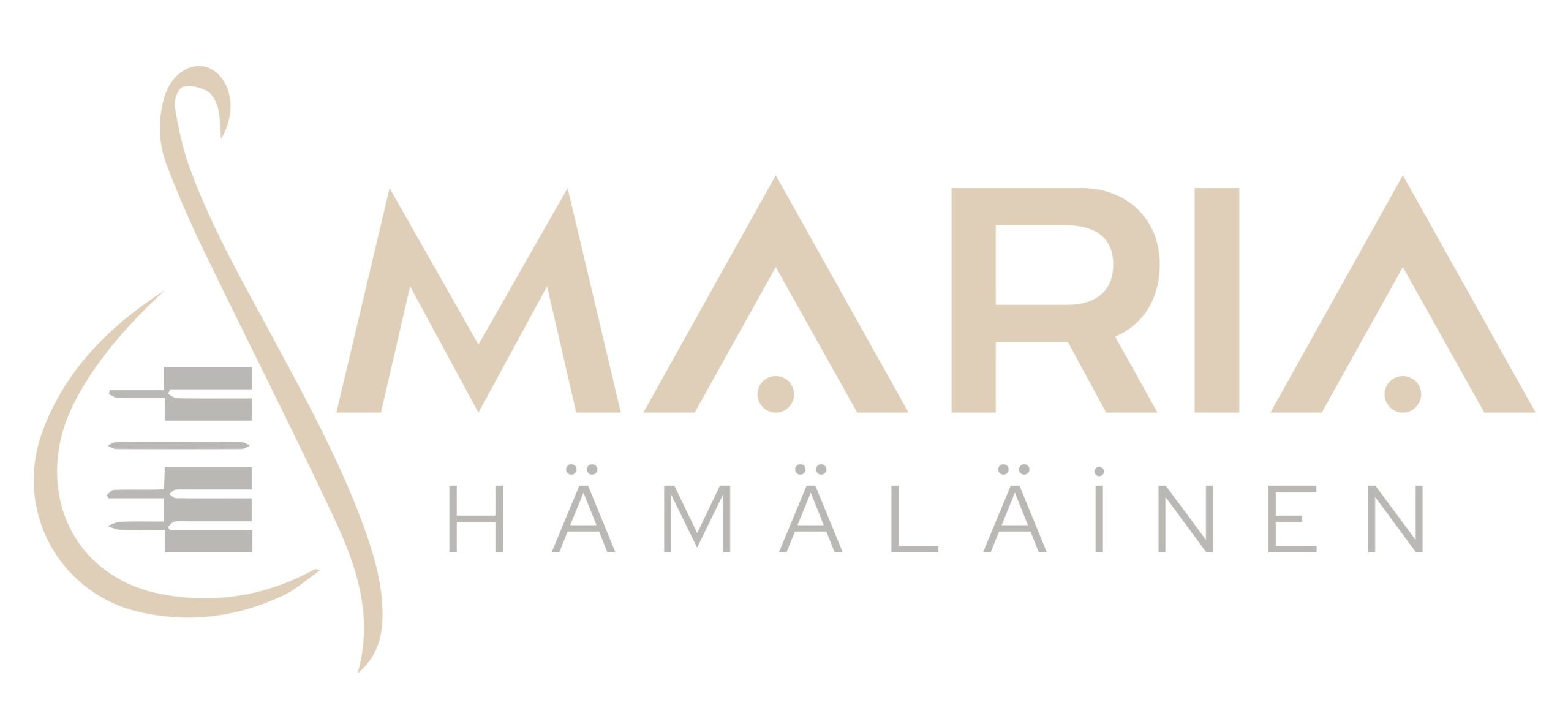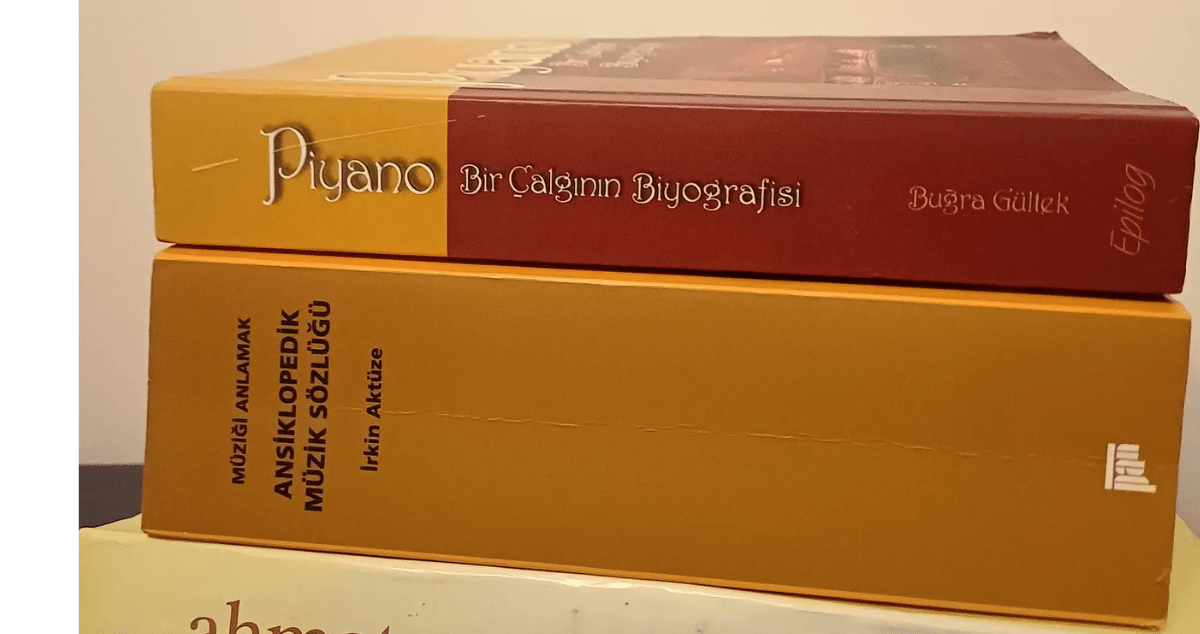This exact question I receive regularly from the parents of my many young piano learners who dream about dedicating their life to the classical music making on a professional level:
“Hocam*, I want my child to pursue their classical piano music studies in a conservatory in Europe.. What should we do?“
Answering this question in a correct (pedagogically ethical and responsible) way is more than important for me, because I understand this question well, both as a musician who graduated from one of Europe’s most eloquent music academies and as a parent myself. Thus I know what it means, when one wants to provide the best possible paths for their children’s feet to walk upon into the unpredictable future…
The most interesting perspective of my outlook for this matter comes from my work life: as I dedicated my special professional focus towards sustainable classical music pedagogy, and work myself with young musicians at the Conservatory, I also happen to know and understand what happens after a young musician enters a conservatory. And perhaps all these reasons combined together give me a fair right to talk about this topic with validity and confidence.
“So, what happens then after a young musician enters a conservatory?“ you might ask.
Already in youth departments of music conservatories and universities, students work on mastering pieces meaning polishing their technical and artistic skills. This part is the most visible and most popular one: the instrumental learning. However, to get to a higher or deeper understanding level, young learner needs to know *how* to work with a score.
And here comes the obstacle I observe a lot among young piano learners:
They focus on notes, on hitting the right keys, but do not research the whole notation materia;
They do not know the musical terms, do nor know the features of music styles and do not know the history of their instrument.
“Why should they know?”
Because once they start knowing all of this, their motivation (their own unique reasons WHY they really do classical music) will only grow. Which in turn, will provide them with stronger capacities to face one day success (and every day happiness) on their music path…
Few Practical Tips for Preparing for Conservatory Already Today
We all have noticed that the classic art in our world’s time becomes more and more marginalised, and this is why you might not even find these books in the usual book stores, as the editions have been sold out and new editions never made.
So, go through libraries and second-hand book antiquarian stores (like the wonderful NadirKitap.com) and find your own treasure sources that will give you the ticket into more knowledgeable and thus empowered education and music making.
About the history of piano instrument:
“Piyano: Bir Çalgı’nın Biyografisi” by the author, pianist and pedagogue Buğra Gültek
About the music history:
“Müzik tarihi” by the author, music writer and musician Ahmet Say
About the musical terms:
“Müziği Anlamak. Ansiklopedik Müzik Sözlüğü” by the author, music researcher, and guitarist Irkin Aktüze
What are the books that shed light on your music path?
*Hocam – in Turkish means the respectful way to address a teacher, meaning “My Teacher“

